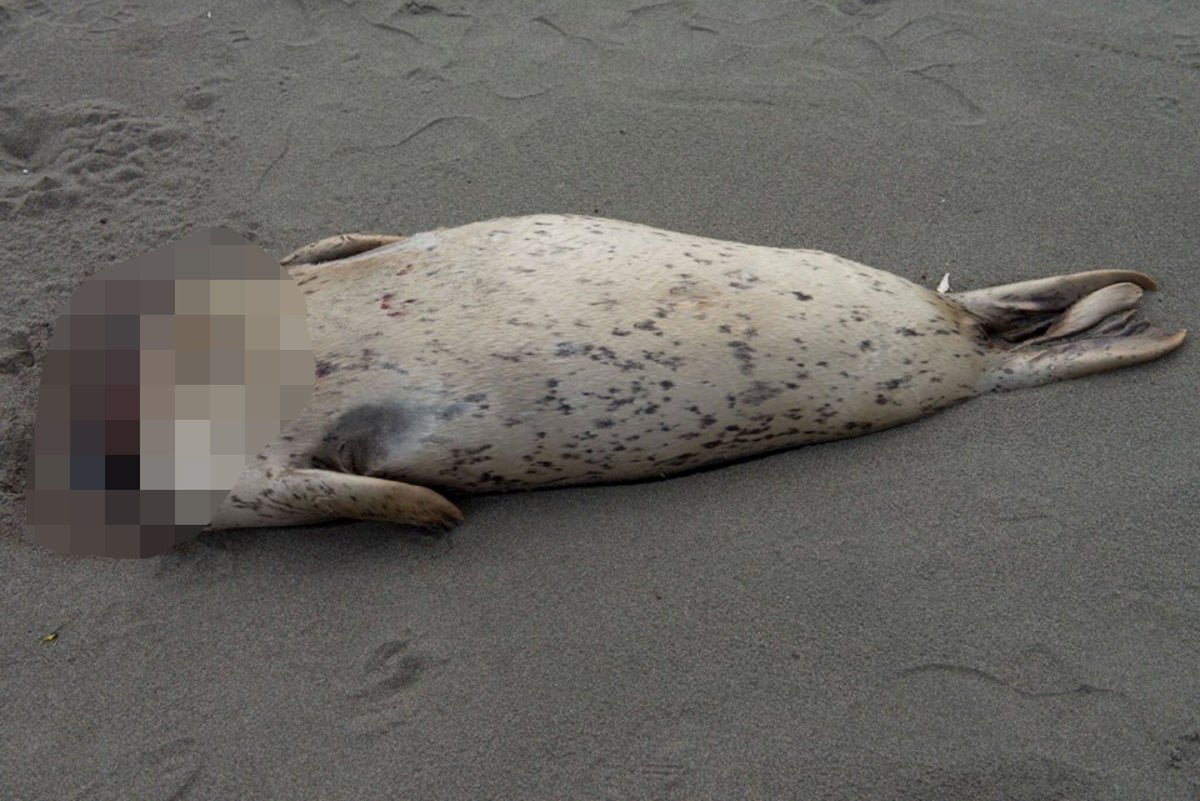
California coasts are teeming with marine life, so when locals encounter dead seals on their beaches, it may be a sad sight but it isn’t necessarily cause for alarm.
But since 2015, beachgoers have reported some disturbing sights: decapitated seal pups, particularly in Mackerricher State Park, around 150 miles north of San Francisco.
Experts were initially worried that a person was behind the deaths, and ecologist Frankie Gerraty told the Los Angeles Times the cuts looked too clean to be from an animal.
But now, Mr Gerraty told the Times that the mystery has been solved: coastal coyotes.
The scientist said that he captured footage of a coyote decapitating a freshly killed seal pup last year. Ecologists knew coastal coyotes scavenged the corpses of dead seal pups, but the footage provided new insight into the coyotes’ behavior.
“It’s obviously gruesome, but at the same time…coyotes and harbor seals are native species,” Gerraty told the Los Angeles Times.
“It could be the restoration of this relationship,” he added.
Mr Gerraty told the outlet that it’s still a mystery why coyotes eat the head and leave the rest of the body, but his theory is that their brains are particularly nutritious — and seal blubber is difficult to bite through.
While it may be a natural part of life, others say this spike could cause seals to change their behavior.
“I think the main challenge for the seals will be that if this becomes a bigger issue, if they start losing a lot of their pups to predation, that they might need to choose different places to have their babies,” biologist Rachel Reid told NBC Bay Area.
Researchers are calling on the public to contact the West Coast Marine Stranding Network, an organization run by the National Oceanic and Atmospheric Administration, to report any marine creatures — particularly seals — stranded on the coast, whether dead or alive.
“We learn so much about ocean health through those stranded animals,” Sarah Grimes, a marine mammal stranding coordinator and educator, told the Los Angeles Times.







